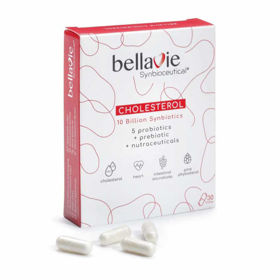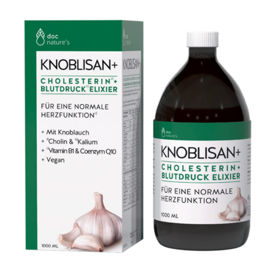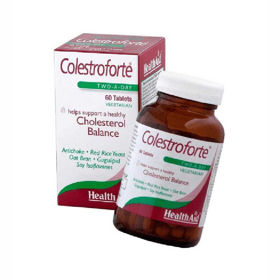Customer question:
How effective is cleaning veins with baking soda? Anonymous customer's question
Pharmacist's answer:
The claim that vein cleaning with baking soda is not supported by scientific evidence. Baking soda is sodium bicarbonate, mainly used as an acid-neutralizing agent and as a baking powder in cooking. Although baking soda has some health applications, such as relieving heartburn or as part of some medical procedures, there is no evidence to support its effectiveness in "cleaning the veins" or treating atherosclerosis.
Atherosclerosis is a condition in which fatty deposits, called plaque, build up in the arteries. This can cause the arteries to narrow or even become blocked. Treatment for atherosclerosis includes lifestyle changes such as a healthy diet, regular exercise, smoking cessation, and medications to help lower cholesterol and blood pressure. In some cases, surgical intervention may be necessary.
Baking soda does not have properties that break down or remove fatty deposits from the inside of the veins. Excessive consumption can lead to side effects such as electrolyte imbalance, metabolic alkalosis, high blood pressure due to high sodium intake, and other digestive problems.
If you have problems with your veins or cardiovascular system, it is essential to consult your doctor. A specialist can offer you science-based advice and safe and effective treatment. Self-medication with unproven methods, such as using baking soda to clean veins, is not recommended and may even harm your health.
Is cleaning veins with baking soda safe?
Vein cleaning with baking soda is not supported by scientific evidence and is not safe to treat cardiovascular disease. Baking soda is sodium bicarbonate, commonly used for heartburn relief, as an ingredient in baked goods, and as a household cleaner. While it has some safe and practical applications, its use for cleaning veins is not among them.
Baking soda contains a lot of sodium, which can cause an electrolyte imbalance in the body. This can further affect the heart and kidney function. Excessive consumption of baking soda can lead to metabolic alkalosis, a condition in which the pH of the blood becomes too high. This can further cause nausea, vomiting, muscle cramps, and other serious health problems. Because of its high sodium content, regular consumption of baking soda can contribute to an increase in blood pressure, which is especially dangerous for people with cardiovascular disease. Consuming baking soda can also cause indigestion.
To maintain healthy veins and prevent atherosclerosis (accumulation of fatty deposits in the arteries), it is best to follow established medical advice:
- Healthy diet: Eat a balanced diet rich in fiber, fruit, vegetables, whole grains, and healthy fats (e.g., olive oil, avocado, nuts) and low in saturated fat and trans fat.
- Regular physical activity: Regular exercise such as walking, running, cycling, and swimming can help keep your blood vessels and heart in top condition.
- Quit smoking: smoking is one of the main risk factors for cardiovascular diseases. Quitting smoking can significantly improve the health of your veins.
- Blood pressure and cholesterol control: regularly checking and maintaining healthy blood pressure and cholesterol levels is vital to preventing cardiovascular disease.
- Stress management: Chronic stress can negatively affect the cardiovascular system. Relaxation techniques, meditation, yoga, and regular breaks can help manage stress.
If you have problems with your veins or cardiovascular system, consult your doctor. A specialist can offer you safe and effective, science-based advice and treatment. Self-medication with unproven methods, such as using baking soda to clean veins, is not recommended and may even harm your health.
Interesting reading: Test for inflammation of the bladder
Interesting reading: Gastritis symptoms












